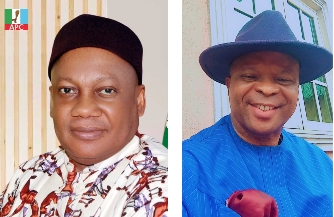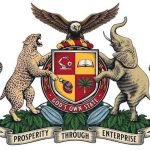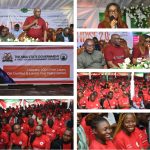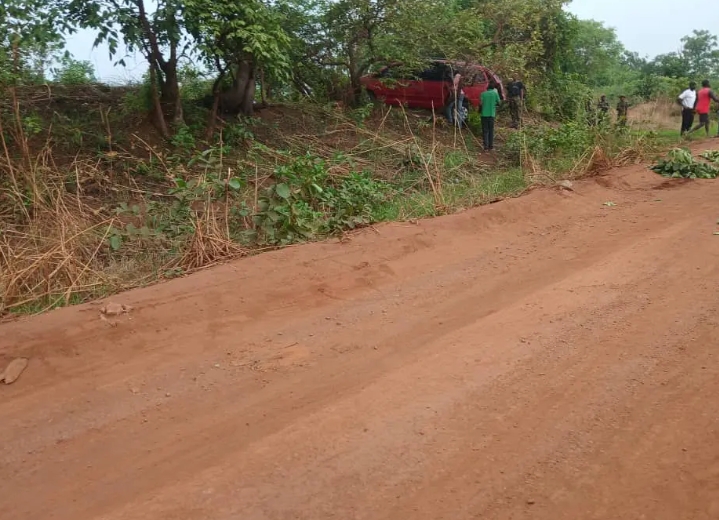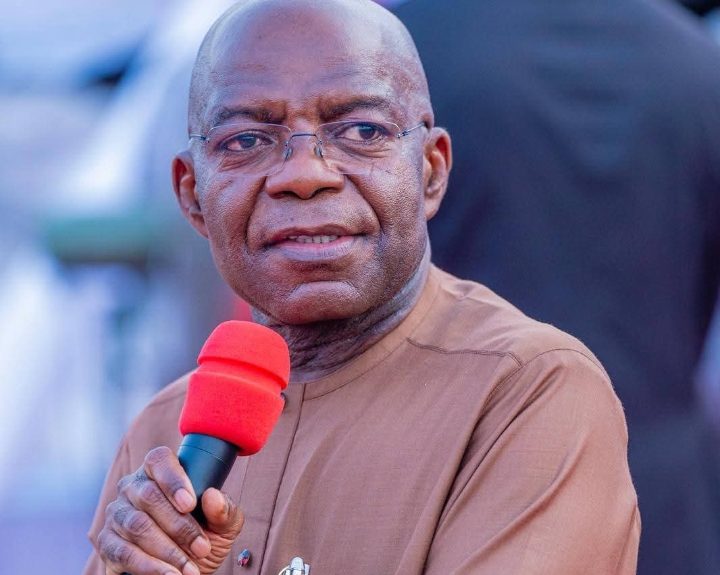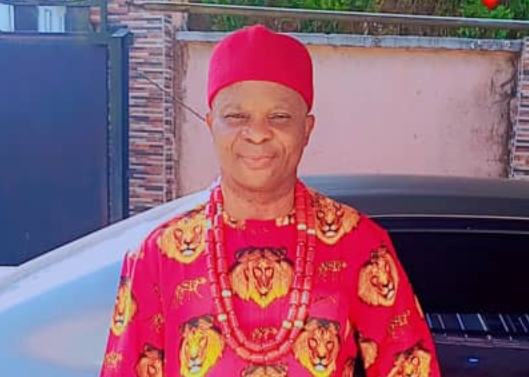By Dr Eleogu, Lucky Nkem, FCAI
In the evolving discourse of leadership and governance, Chief Eruba Dimgba, the Honourable Commissioner representing Abia State in the Governing Board of the Niger Delta Development Commission (NDDC), stands tall as a beacon of transformative service. Unlike the fleeting promises that often characterize political office, his record is defined by visible and measurable interventions that have directly impacted the lives of Abians, especially the Asa people.
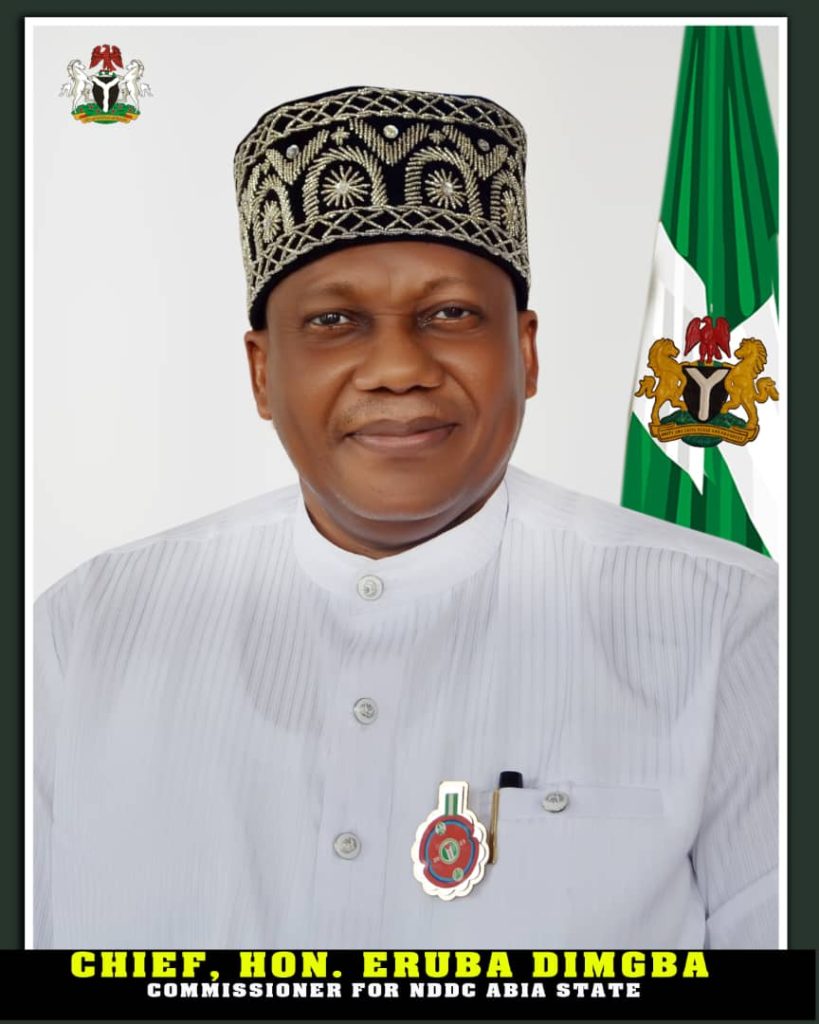
From durable road networks, school renovations, and erosion control projects to the installation of solar-powered streetlights, Chief Dimgba’s commitment to modernization is self-evident. His foresight in human capital development is equally commendable, having facilitated overseas postgraduate scholarships and recently donated U-Lesson learning tablets to 20 primary schools in Abia State. These strides reflect his dual vision of material transformation and intellectual empowerment for the next generation.
His monthly stakeholders’ engagement forums further illustrate his participatory style of leadership, aligning with Robert Dahl’s principle of “polyarchy” where governance is inclusive and accountable. This model has reinforced grassroots networking, ensuring decision-making is rooted in the realities of the people.
Against this backdrop, the recent allegation that ₦20 million was disbursed to the Asa Group Think Tank Forum to secure a vote of confidence for his potential House of Representatives bid has been dismissed as both unsubstantiated and inconsistent with his public record. With the false report already retracted, the claim has crumbled under the weight of verifiable facts and developmental milestones he has delivered.
Scholars of governance have long argued that societies thrive when they recognize and encourage the contributions of dynamic, development-oriented leaders. Chief Dimgba’s trajectory reflects Max Weber’s concept of charismatic authority—leadership built not on privilege but on vision, competence, and social engagement. For this reason, rather than being vilified, his achievements should be celebrated as an inspiration for future generations.
The people of Asa have been urged to shun the politics of defamation and manipulation, which erode public trust and distract from pressing developmental challenges. Instead, stakeholders are encouraged to embrace constructive dialogue and evidence-based evaluation of leaders, in line with Habermas’ theory of communicative action that emphasizes truth, respect, and inclusivity in decision-making.
Chief Eruba Dimgba represents a new generation of technocratic leaders who embody grassroots resilience and visionary governance. His achievements, not unfounded allegations, stand as the true basis for the confidence reposed in him by the Asa Think Tank Forum.
As Marcus Aurelius once observed, “Waste no more time arguing about what a good man should be. Be one.” Chief Dimgba has gone beyond rhetoric to embody the very essence of good leadership. The onus now lies on the people to defend integrity, reject defamation, and celebrate transformative service.
Dr Eleogu, Lucky Nkem, FCAI
NDDC Stakeholder
IPU West Owaza Ancient Kingdom
Ukwa West LGA
Abia State.

